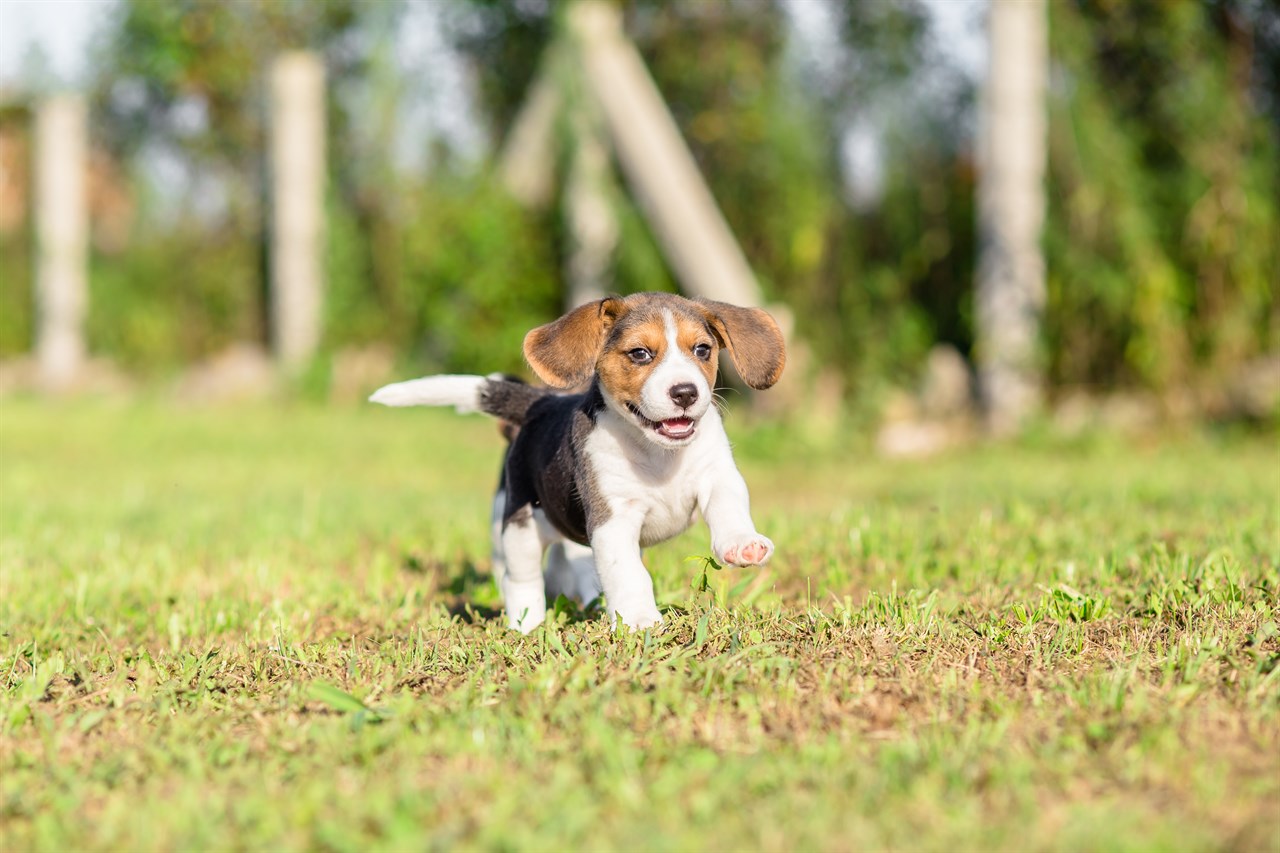The Beagle's Temperament, Personality, and Behaviour

Beagles are known for their charming and distinct personality traits, which make them popular as both hunting companions and family pets. Understanding their temperament and behaviour is key to fostering a happy and harmonious relationship with these lovable hounds.
Friendly and Outgoing
Beagles are typically friendly dogs with a sociable disposition. They tend to get along well with people, children, and other animals. This friendly nature often makes them an excellent choice for families looking for an affable pet.
Curious and Inquisitive
Beagles have an insatiable curiosity. Their noses are their primary tool for exploring the world, and they will readily follow interesting scents. This curiosity can sometimes lead them into mischief if not properly managed.
Playful and Energetic
Beagles have plenty of energy to burn. They enjoy playtime and require regular exercise to stay happy and healthy. Games like fetch, hide and seek, or agility exercises can keep them engaged and mentally stimulated.
Stubborn and Independent
While their friendly nature makes them endearing, Beagles can also be stubborn and independent. They have a strong sense of determination, which can sometimes make training a bit challenging. Patience and consistency are key when teaching a Beagle new commands or behaviours.
Sociable Barkers
Beagles are known for their distinctive baying and howling. They are vocal dogs, often using their voices to express excitement, alertness, or simply to get attention. While their vocal nature can be charming, it may not be appreciated by all neighbours.
Are Beagles the Most Forgiving?
Beagles are forgiving dogs and have a forgiving nature. They tend to hold no grudges and are quick to bounce back from any negative experiences. This forgiving temperament makes them well-suited for families with children or those who are new to dog ownership.
Is a Beagle Aggressive?
Beagles are not typically aggressive dogs. In fact, they are known for their friendly and easygoing nature. However, like any breed, individual Beagles can display aggression if not properly socialised, trained, or if they have experienced trauma or abuse.
Are Beagles the Naughtiest Dogs?
Beagles are not inherently naughty, but their strong sense of curiosity and stubborn streak can sometimes lead them to engage in mischievous behaviour. Proper training, exercise, and mental stimulation can help channel their energy in a positive direction.
Will a Beagle Calm Down?
Beagles tend to calm down as they mature, usually around the age of two or three. However, they will always maintain a playful and active spirit. Consistent exercise and mental stimulation can help manage their energy levels.
How Cuddly Are Beagles?
Beagles are affectionate and enjoy cuddling with their owners. They appreciate physical affection and often seek it out as a way to bond with their human companions.
How Do You Calm a Crazy Beagle?
To calm a hyperactive or overly excited Beagle, engage them in physical exercise, play, and mental stimulation. Consistent training and positive reinforcement can also help manage their behaviour.
Why Are Beagles Difficult?
Beagles can be considered difficult to train due to their stubbornness and strong sense of independence. They often follow their noses, which can lead to distractions during training sessions. Patient and consistent training methods work best with Beagles.
Are Beagles Emotionally Sensitive?
Beagles are emotionally sensitive dogs. They are attuned to their owners' moods and can sense changes in the household environment. Positive reinforcement and gentle training methods are more effective with sensitive breeds like Beagles.
Are Beagles Clingy Dogs?
Beagles are known for their loyalty and attachment to their owners. While they may not be clingy in the traditional sense, they do seek companionship and often enjoy being near their human family members.
What Are Beagles Scared Of?
Beagles, like many dogs, can be afraid of loud noises, thunderstorms, fireworks, or unfamiliar situations. It's important to provide a safe and reassuring environment during such situations to help ease their anxiety.
Why Does My Beagle Cry When I Leave?
Beagles can experience separation anxiety and may cry or howl when left alone. They are social animals and prefer the company of their family members. Crate training, gradual departures, and providing engaging toys can help alleviate their distress.
Can Beagles Sense Sadness?
Beagles, like other dogs, can often sense changes in their owners' emotions. They may respond to sadness by offering comfort and companionship. Their sensitivity and loyalty make them excellent emotional support animals.
Can Beagles Smell Fear?
Beagles have an extraordinary sense of smell and can detect changes in body chemistry, including the pheromones released when a person is afraid. While they can sense fear, their response to it may vary depending on their individual temperament and training.
In summary, Beagles possess a charming combination of friendliness, curiosity, and playfulness. While they may have some stubborn tendencies, their loyalty and affectionate nature make them wonderful companions for those who are willing to invest time and effort into their training and care. Understanding their behaviour and providing the right environment can help you enjoy a happy and harmonious relationship with your Beagle.